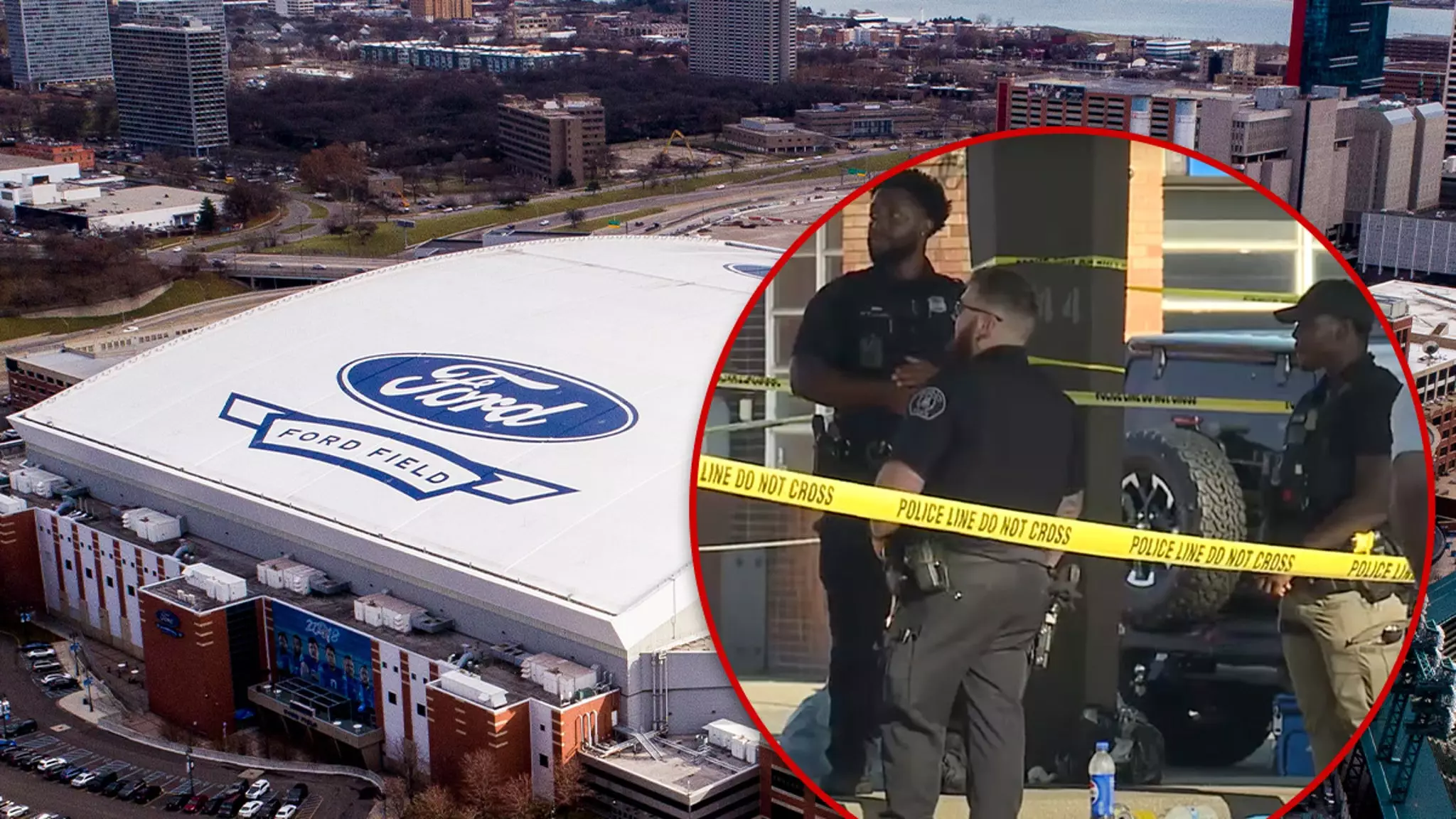Last Sunday, a shooting incident at a Detroit Lions tailgate party has left the community shaken. Following a heartbreaking loss to the Tampa Bay Buccaneers, what should have been a celebratory environment transformed into a scene of chaos. The altercation that led to this tragedy reportedly involved 25-year-old Jalen Welch and a 40-year-old man. Initial reports highlighted that Welch was fatally shot amid a dispute, later identified as a self-defense scenario by law officials. Nonetheless, this event raises crucial questions about safety and responsibility at public gatherings.
The Wayne County Prosecutor, Kym Worthy, officially stated that no charges would be filed against the man who fired the shot. According to the investigation, it was determined that Welch was the aggressor, pulling a weapon first during the confrontation. This twist in the story underscores the complexities of self-defense laws, which often allow individuals to use deadly force when they perceive a direct threat to their safety. Worthy’s comments emphasize the tragic nature of the event, mourning the loss of life while also outlining the legal protections afforded to those who act in self-defense.
This scenario is indicative of a broader issue within society, where personal safety often leads to tragic outcomes. The unfortunate death of an innocent bystander, Rayshawn Palmer, who was struck by the same bullet that took Welch’s life, further complicates the narrative. The very unpredictability of violence not only impacts the direct victim but also reverberates through the community, creating an atmosphere of fear and anxiety.
Reacting to the incident, officials from Eastern Market have decided to suspend upcoming tailgating activities, reflecting a somber acknowledgment of the recent tragedy. This pause in festivities serves as a sobering reminder of the fragility of public safety in scenarios that should be characterized by joy and camaraderie. Following this temporary suspension, there are plans to reinstate tailgating customs while introducing enhanced security measures—an essential step for ensuring the safety of patrons in the future.
The Lions organization also expressed its sympathies, with head coach Dan Campbell labeling the shooting a tragedy. Such responses are necessary yet highlight the harsh reality that sports events, communal gatherings meant to unite fans, can transform into arenas of violence. The ongoing dialogue about the importance of safety in public spaces is more crucial than ever.
Violence in public gatherings raises numerous societal questions. How can communities balance the right to bear arms with the need for public safety? What proactive measures can be taken to prevent such incidents? These queries serve as urgent calls for introspection and action, pushing society to examine the underlying causes of aggression and the cultural attitudes towards conflict resolution.
The Detroit tailgate tragedy is not just a localized incident, but a signal for broader engagement concerning public safety, community responsibility, and legislative scrutiny surrounding firearm use. As communities grapple with the repercussions of such events, it is vital to foster a culture that prioritizes human life and safety above all—ensuring that celebrations remain joyous, rather than marred by violence.

